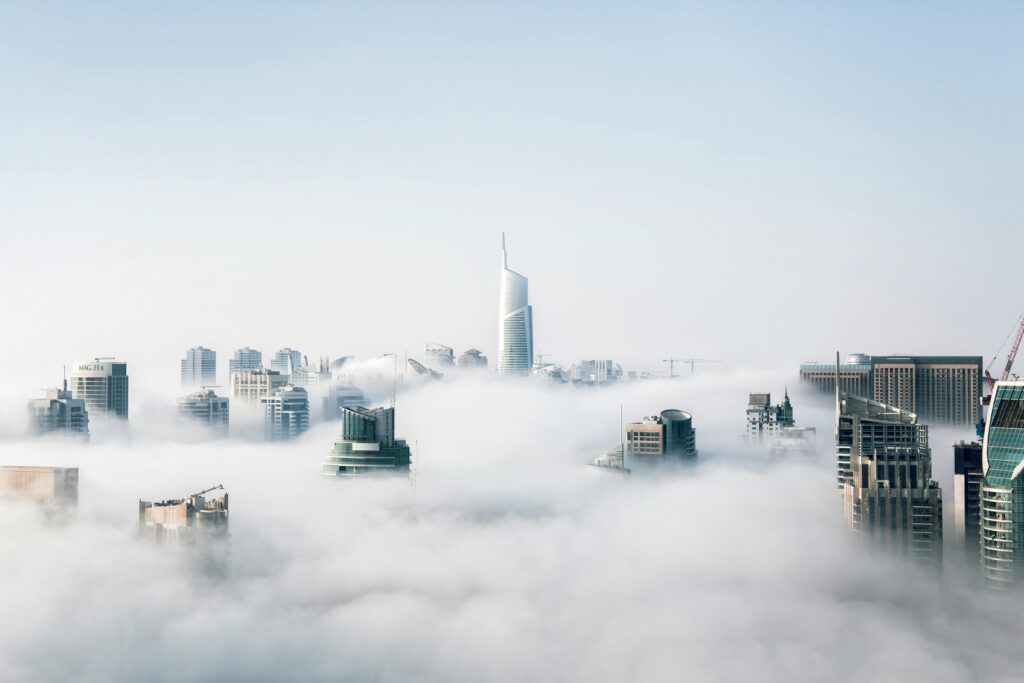Budapest, the city of the future?
This is an old post. Information may be outdated.

Budapest, the capital of Hungary, is a metropolis situated on both banks of the Danube River, boasting a rich historical past and cultural heritage. Urban development challenges are diverse and complex, and addressing them is essential for creating a sustainable and livable urban environment.
Budapest’s transportation infrastructure requires significant development. Urban transportation is dominated by car traffic, which leads to congestion, air pollution, and noise pollution. The development of public transport, the expansion of cycling infrastructure, and the creation of pedestrian-friendly urban spaces are essential for achieving sustainable mobility. The renovation of metro line 3 has also been dragging on for years, and its quality still faces much criticism. A significant task in the city is improving transportation links between the outer districts and the agglomeration, as a significant portion of commuters travel from the agglomeration.
The housing crisis is one of Budapest’s most severe problems. Housing prices and rental fees have skyrocketed, making it difficult for young people and those with low incomes to find housing. Homelessness is also increasing in the city, the management of which requires complex social and economic measures. The construction of social rental housing, the renovation of the existing housing stock, and a system of housing subsidies can help alleviate the situation.
Green spaces are vital for urban quality of life. Parks, gardens, and forests clean the air, reduce noise, and cool the urban environment. However, the proportion of green spaces in Budapest is low, and many green spaces are threatened by development. Protecting existing green spaces and developing green infrastructure, such as green roofs and green walls, are essential for increasing the city’s resilience to climate change.
Budapest’s rich historical heritage is an important tourist attraction. The city has numerous listed buildings and cultural institutions that must be preserved for posterity. However, tourism also places a burden on urban infrastructure and residents’ quality of life. Achieving sustainable tourism requires the regulation of tourist traffic, the protection of cultural heritage, and the involvement of local communities. Renovated buildings in the city, including the Buda Castle, have sparked much debate, with critics arguing that local residents were disregarded.
Budapest is also affected by the effects of climate change, such as heatwaves, droughts, and extreme weather events. The city must prepare for these effects, for example, by developing green infrastructure, improving the energy efficiency of buildings, and managing water resources sustainably.
Significant social inequalities are experienced in Budapest. Some districts of the city have high rates of unemployment, poverty, and crime. To reduce social inequalities, the city must launch targeted programs, such as training for the unemployed, developing social services, and improving public safety.
Local communities must also be involved in urban development decisions. Increasing community participation and transparency can help ensure that urban development projects reflect the needs and expectations of residents.
Addressing Budapest’s urban development challenges is a complex and long-term task. The city needs an integrated and sustainable urban development strategy that considers economic, social, and environmental aspects.